- With standard equipment
- With safety pack
Find more information in the General Comments section of the assessment
Find more information in the Rating Validity tab of the assessment
- See More
- See More
- See More
- See More
- Good
- Adequate
- Marginal
- Weak
- Poor
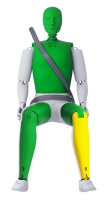 Passenger
Passenger
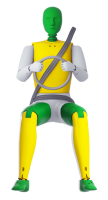 Driver
Driver
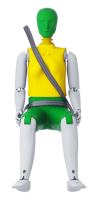 Rear Passenger
Rear Passenger
 Driver
Driver
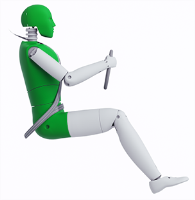 Car
Car
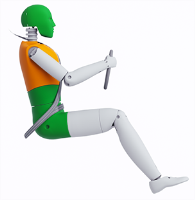 Pole
Pole
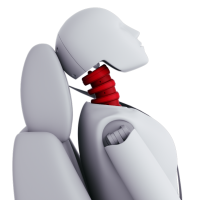 Rear Seat
Rear Seat
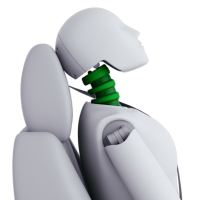 Front Seat
Front Seat
-
Approaching a stationary car: Left Offset
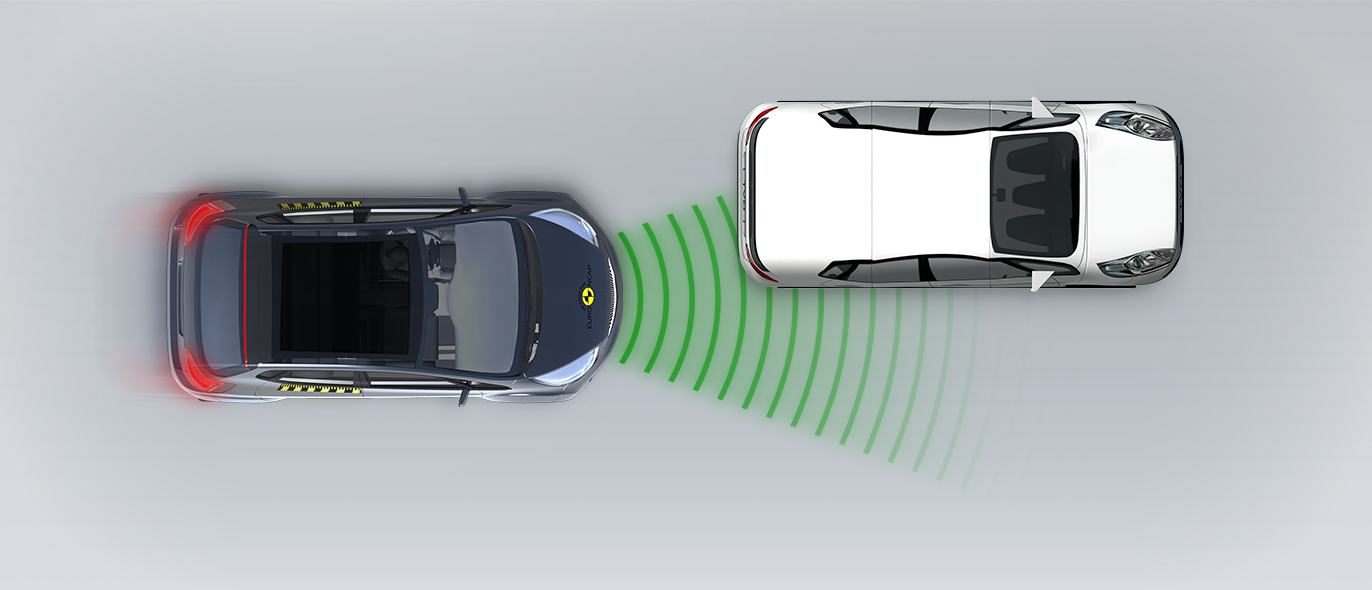
-
Approaching a stationary car: No Offset
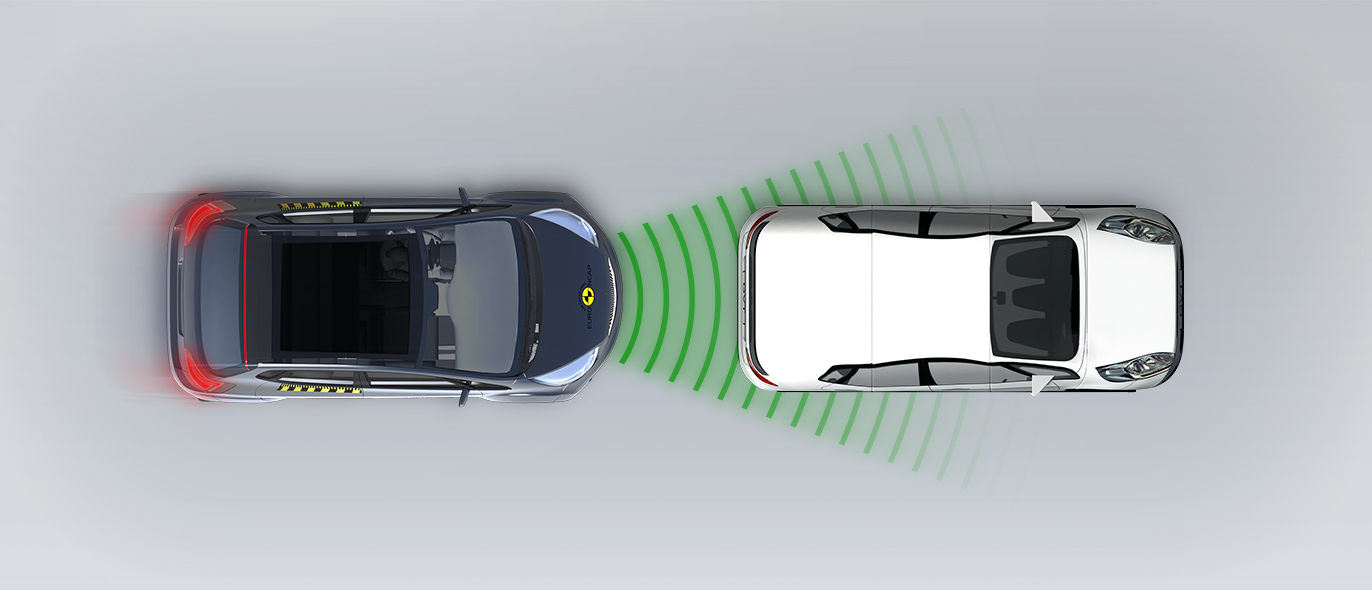
-
Approaching a stationary car: Right Offset
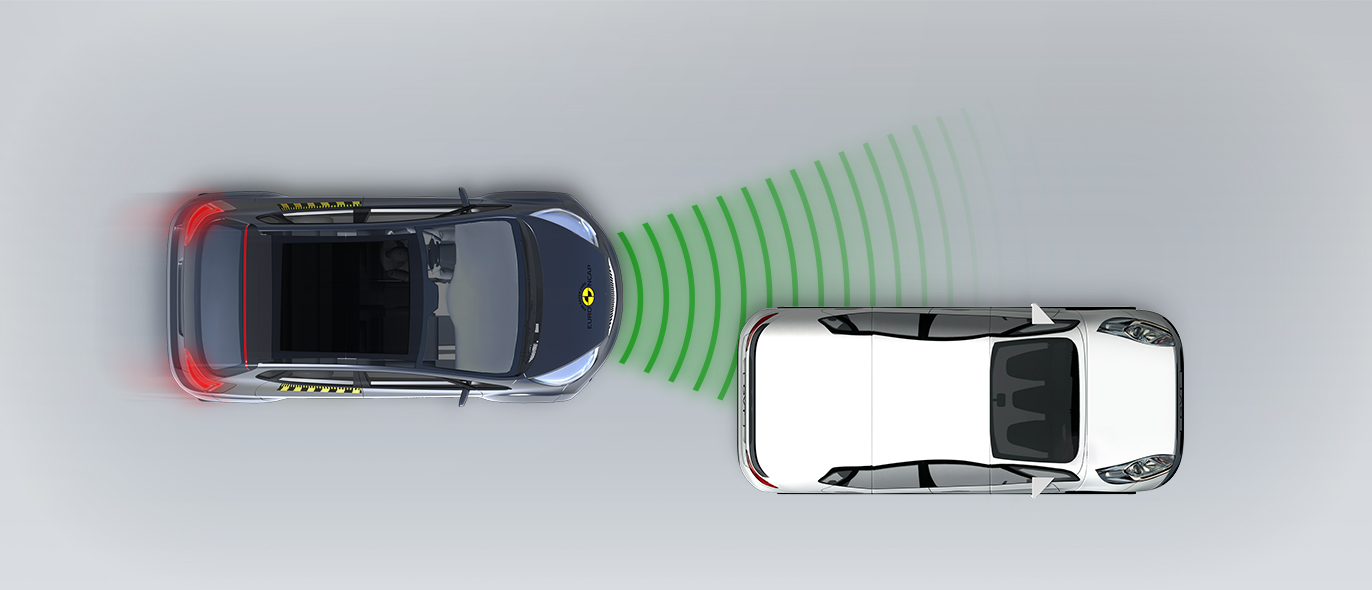
- Good
- Adequate
- Marginal
- Weak
- Poor
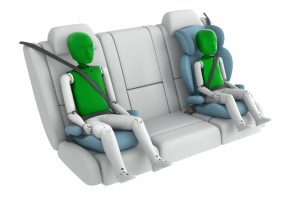
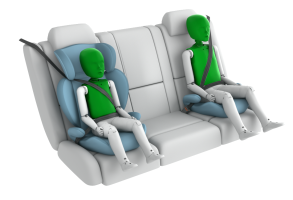
Passenger
outboard
center
Fitted to the vehicle as standard
Not fitted to the test vehicle but available as option
Not Available
-
i-Size CRS
-
ISOFIX CRS
-
Universal Belted CRS
Easy
Difficult
Safety critical
Not allowed
| Seat Position | ||||
|---|---|---|---|---|
| Front | 2nd row | |||
| Passenger | Left | center | Right | |
| Maxi Cosi 2way Pearl & 2wayFix (rearward) (iSize) | ||||
| Maxi Cosi 2way Pearl & 2wayFix (forward) (iSize) | ||||
| BeSafe iZi Kid X2 i-Size (iSize) | ||||
| BeSafe iZi Flex FIT i-Size (iSize) | ||||
| Maxi Cosi Cabriofix & FamilyFix (ISOFIX) | ||||
| BeSafe iZi Kid X4 ISOfix (ISOFIX) | ||||
| Britax Römer Duo Plus (ISOFIX) | ||||
| Britax Römer KidFix XP (ISOFIX) | ||||
| Maxi Cosi Cabriofix (Belt) | ||||
| Maxi Cosi Cabriofix & EasyBase2 (Belt) | ||||
| Britax Römer King II LS (Belt) | ||||
| Britax Römer KidFix XP (Belt) | ||||
Easy
Difficult
Safety critical
Not allowed
In both the frontal offset and the side barrier tests, protection was good for all critical body areas for both the 6- and 10-year dummies, and the 208 scored maximum points for this part of the assessment. The front passenger airbag can be disabled to allow a rearward-facing child restraint to be used in that seating position. The Maxi Cosi Easybase2 could not be properly installed in the second row outboard seats owing to the position of the buckle tongue-stop belt webbing loop, which prevented the lock-off being engaged. Otherwise, all restraints could be properly installed and accommodated.
- Good
- Adequate
- Marginal
- Weak
- Poor
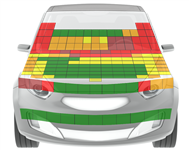
Head Impact 13.0 Pts
Pelvis Impact 4.2 Pts
Leg Impact 6.0 Pts
| System Name | Active Safety Brake | ||
| Type | Auto-Brake with Forward Collision Warning | ||
| Operational From | 10 km/h | ||
| PERFORMANCE | | |||
The protection provided by the bonnet was predominantly good or adequate over its surface but poor results were recorded along the base of the windscreen and on the stiff windscreen pillars. The bumper offered good protection to pedestrians' legs but protection of the pelvis was mixed, with good and poor results recorded. The AEB system of the 208 can detect pedestrians, as well as other vehicles. In tests, the system performed adequately. The standard system is camera-based and cannot respond to faster-moving vulnerable roadusers like cyclists. A radar-based system is available as an option which offers enhanced AEB performance and functionality, but was not assessed here.
- Good
- Adequate
- Marginal
- Weak
- Poor
| System Name | Speed Limiter with Speed Limit Recognition |
| Speed Limit Information Function | Camera based |
| Speed Control Function | System advised (accurate to 5km/h) |
| Applies To | All Seats | ||
| Warning | Driver Seat | Front Passenger(s) | Rear Passenger(s) |
| Visual | |||
| Audible | |||
| Occupant Detection | |||
|
|||
| System Name | Active Lane Departure Warning |
| Type | LKA (including LDW) |
| Operational From | 70 km/h |
| Performance | |
| Lane Keep Assist | |
| Human Machine Interface | |
| System Name | Active Safety Brake | |||
| Type | Autonomous Emergency Braking and Forward Collision Warning | |||
| Operational From | 10 km/h | |||
| Additional Information | Supplementary warning | |||
A seatbelt reminder is standard for the front and rear seats. A camera-based lane support system helps to prevent inadvertent drifting out of lane by alerting the driver and by gently applying corrective steering. The system does not intervene in more critical situations, as some other vehicles do. A speed assistance system detects the local limit and presents the information to the driver, allowing the limiter to be manually set to the appropriate speed. The AEB system performed adequately in tests of its response to other vehicles at highway speeds.
- Specifications
- Safety Equipment
- Videos
- Rating Validity
Specifications
Tested Model Peugeot 208 1.2L Puretech 75, LHD
Body Type - 5 door hatchback
Year Of Publication 2019
Kerb Weight 1053kg
VIN From Which Rating Applies - all 208s
Class City and Supermini
Safety Equipment
Note: Other equipment may be available on the vehicle but was not considered in the test year.
Fitted to the vehicle as standard
Fitted to the vehicle as part of the safety pack
Not fitted to the test vehicle but available as option or as part of the safety pack
Not available
Not applicable
Videos
Rating Validity
Variants of Model Range
| Body Type | Engine | Model Name/Code | Drivetrain | Rating Applies | |
|---|---|---|---|---|---|
| LHD | RHD | ||||
| 5 door hatchback | 1.2 Puretech | Puretech 75* Puretech100 Puretech 130 |
4 x 2 |  |
 |
| 5 door hatchback | 1.5 BlueHDi | BlueHDi 100 | 4 x 2 |  |
 |
| 5 door hatchback | Electric | e-208 | 4 x 2 |  |
 |
* Tested variant

Find more information in the General Comments section of the assessment
 Share
Share
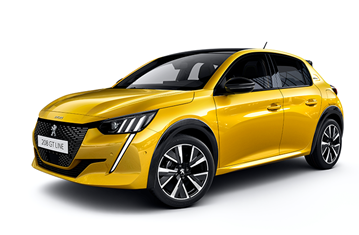


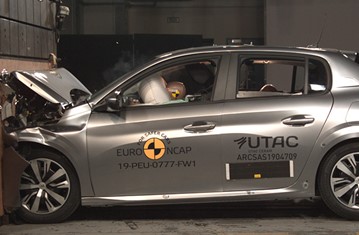
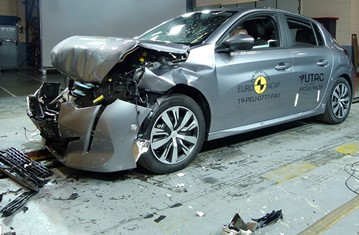

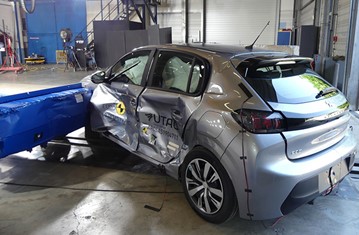





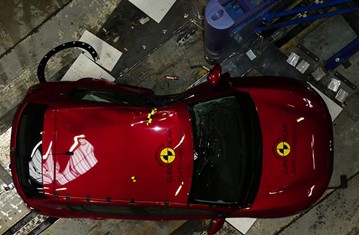


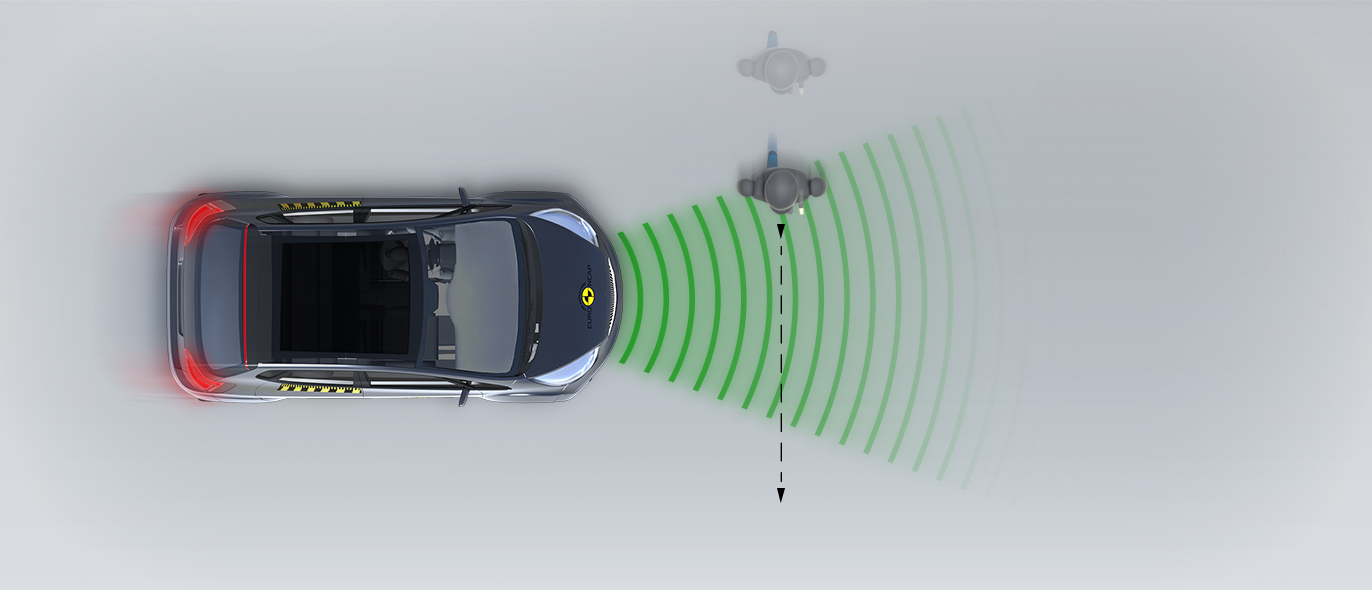
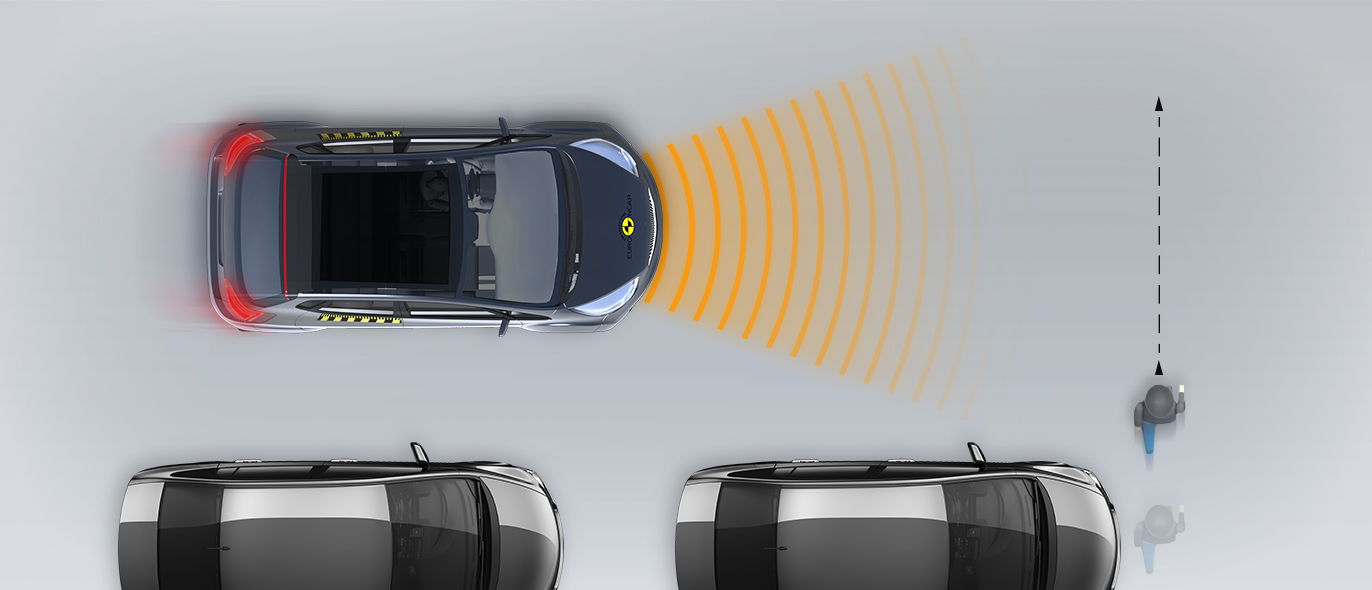
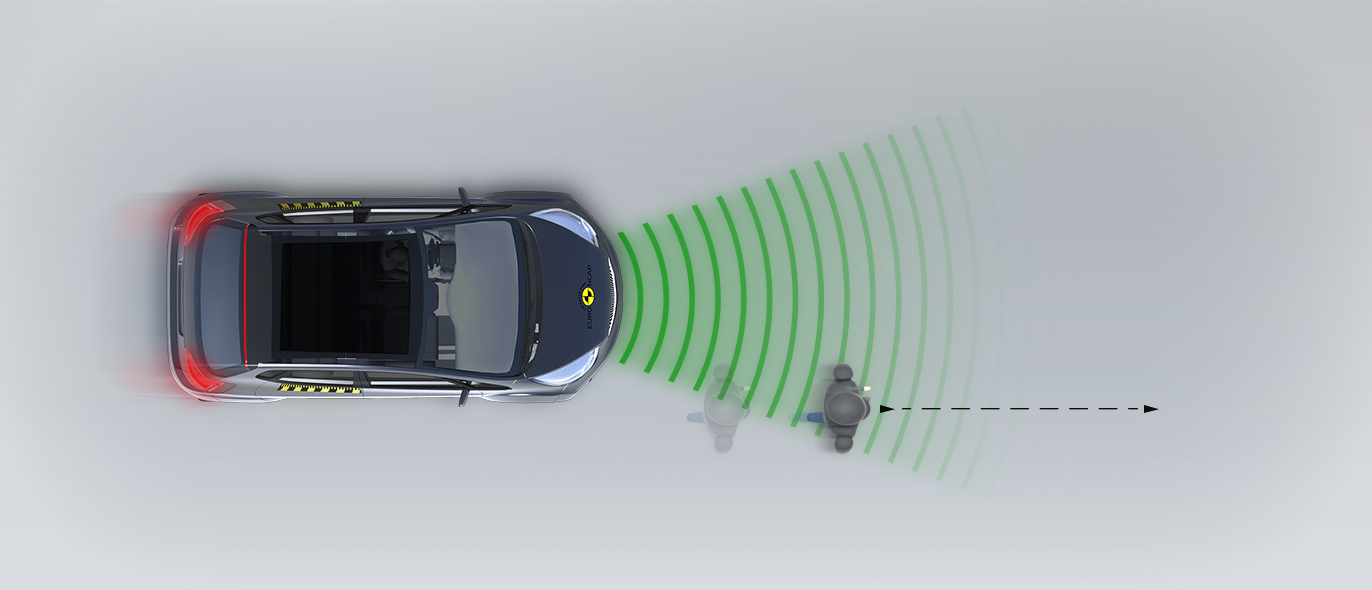
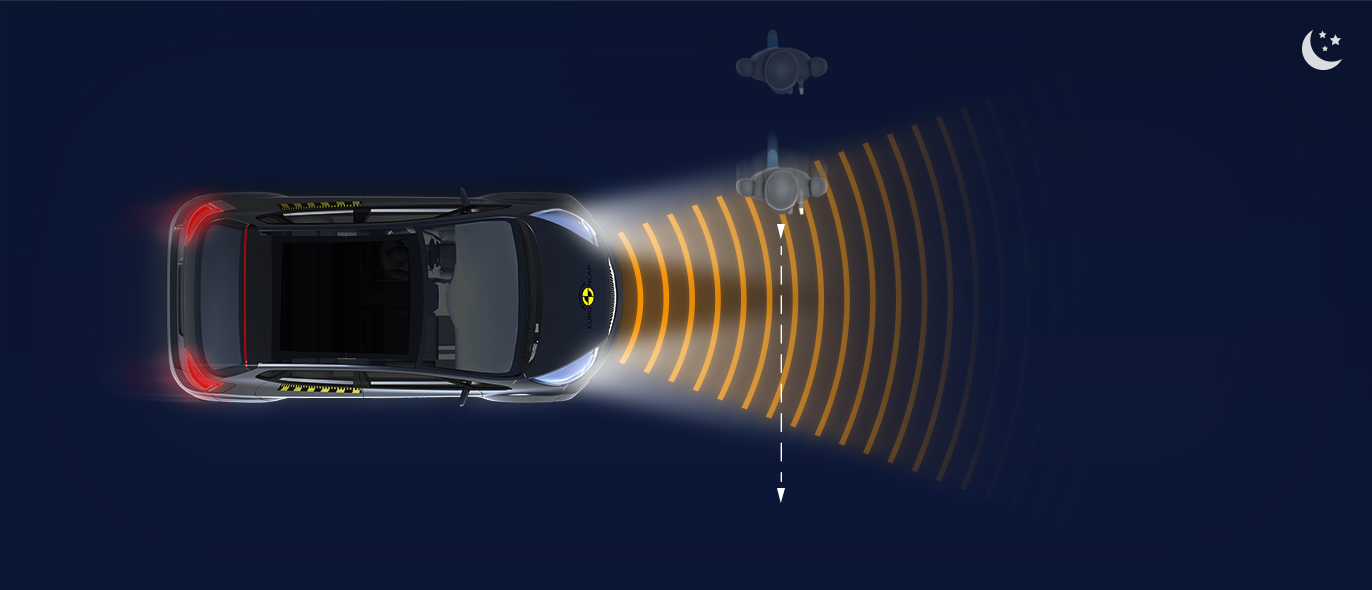
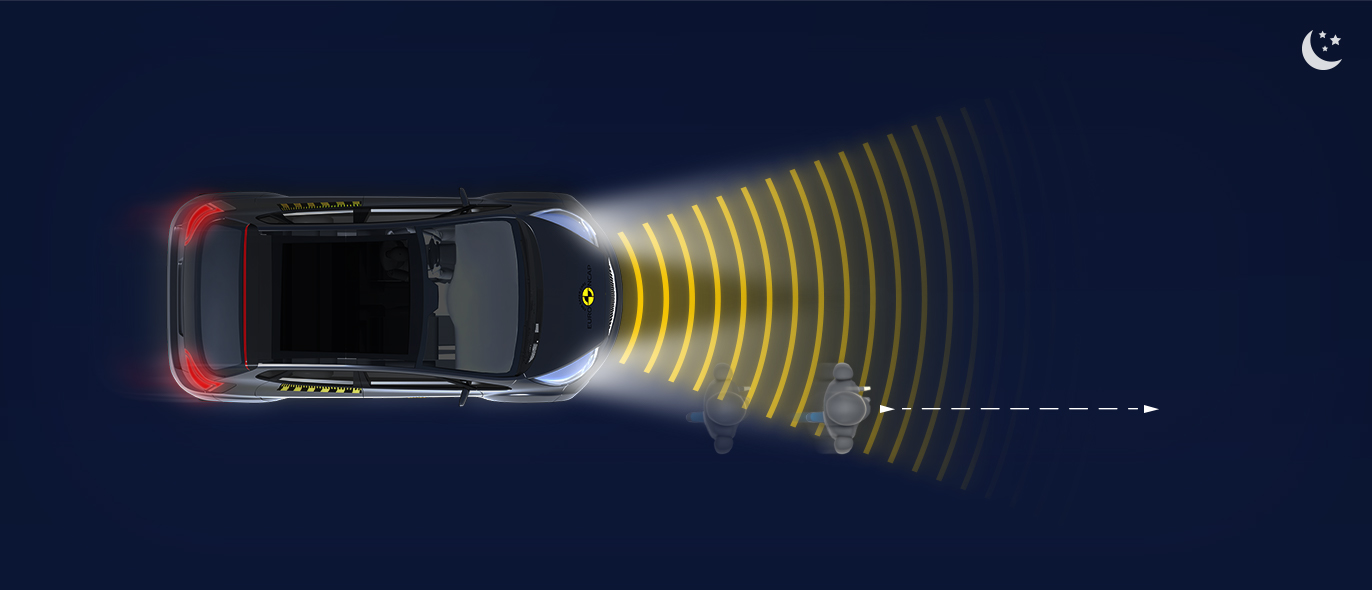
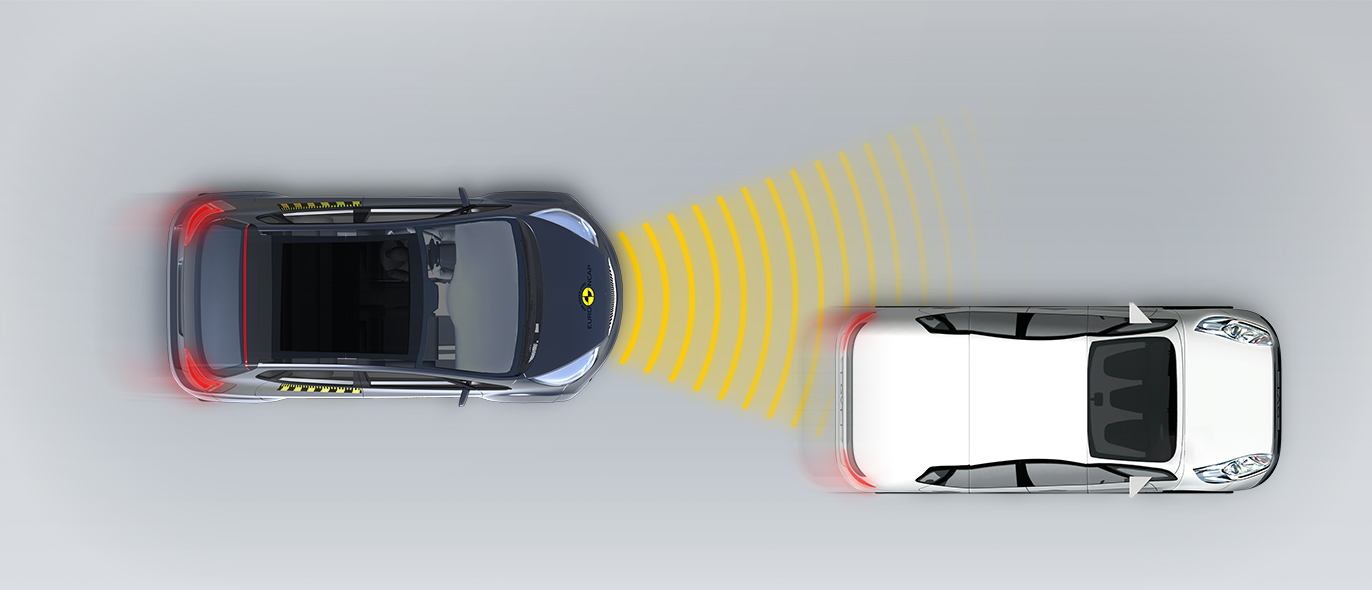
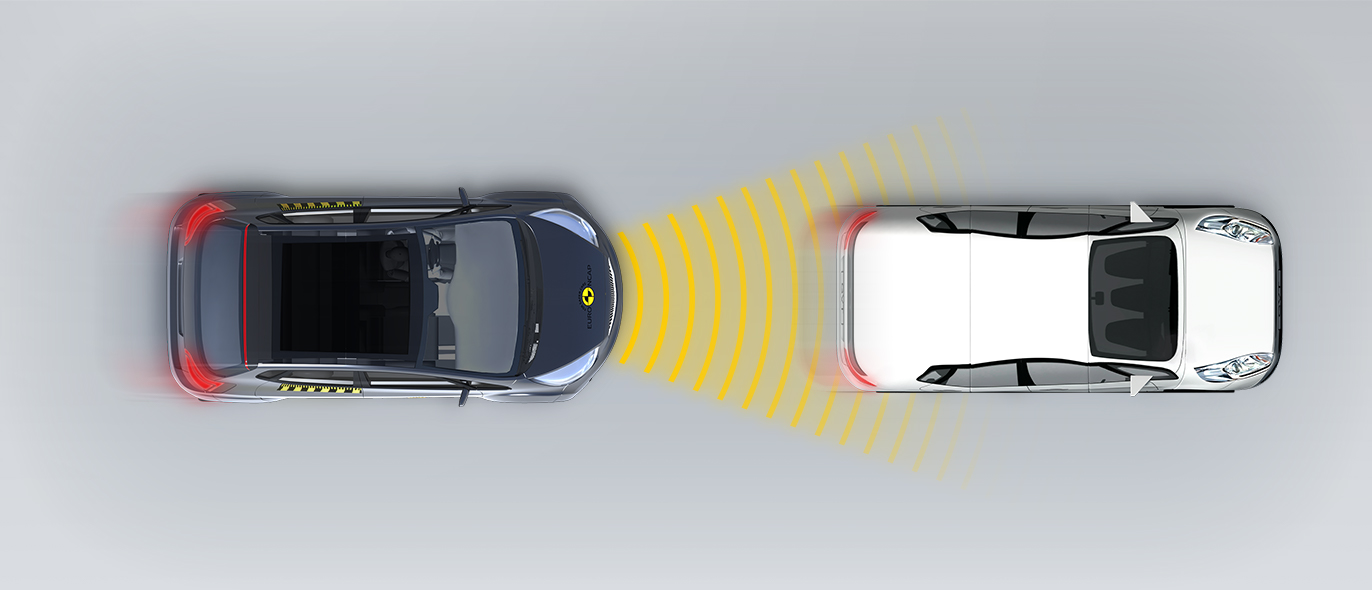
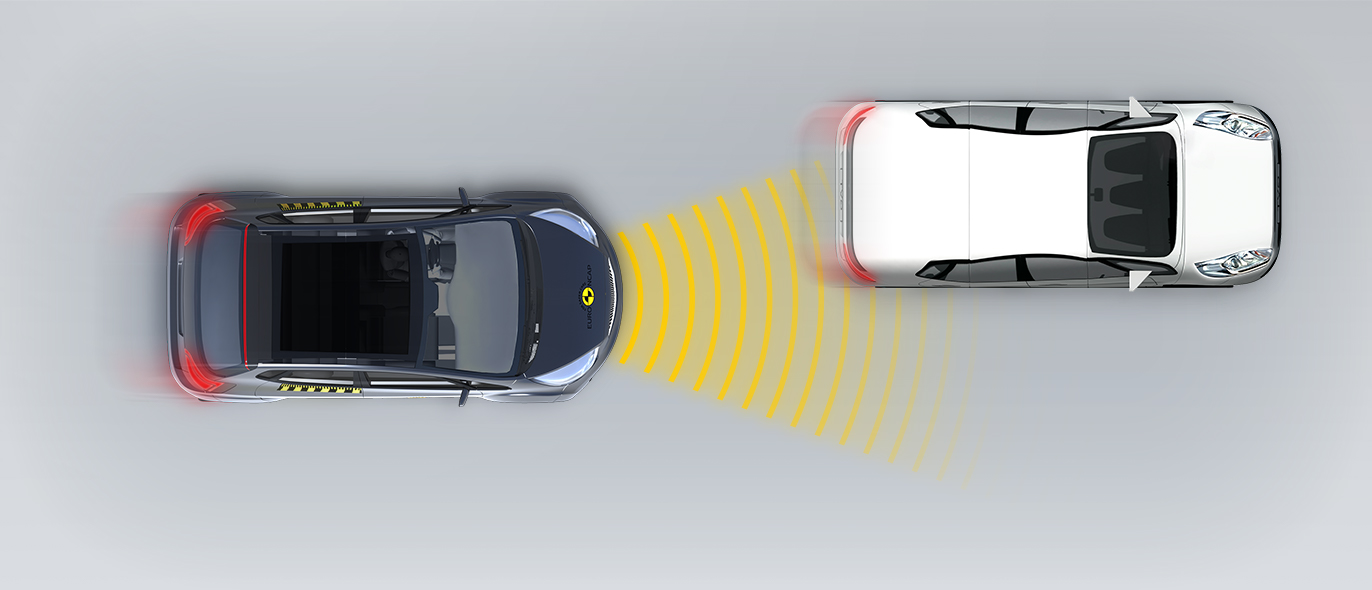

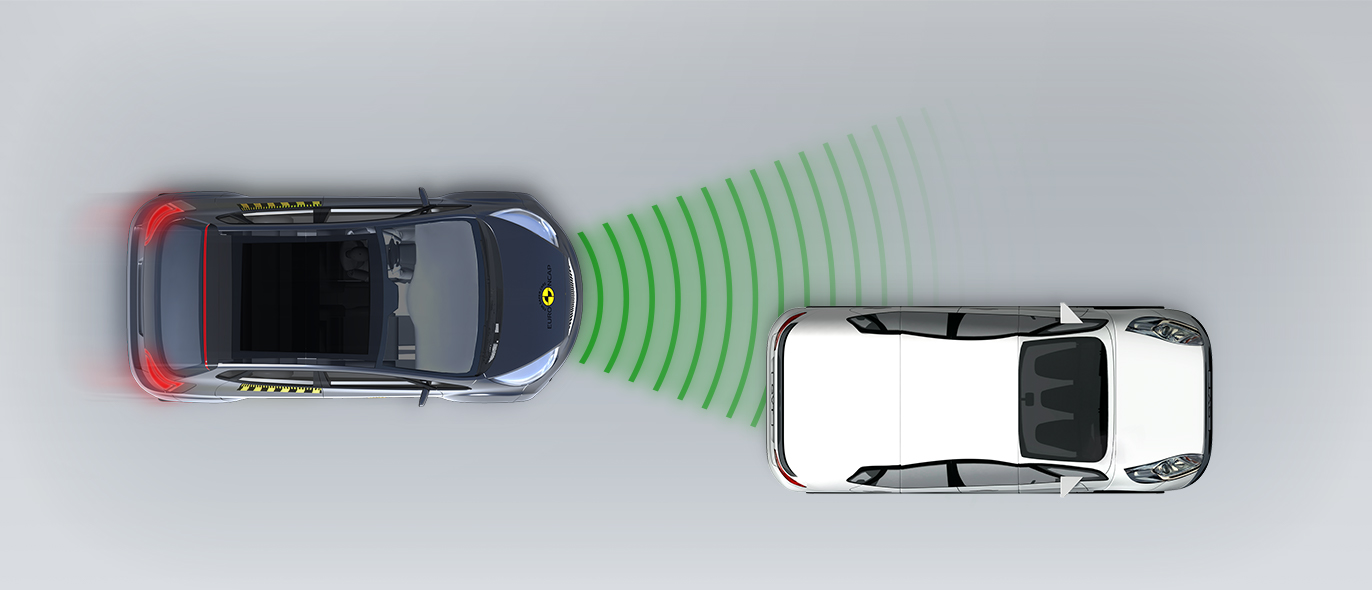
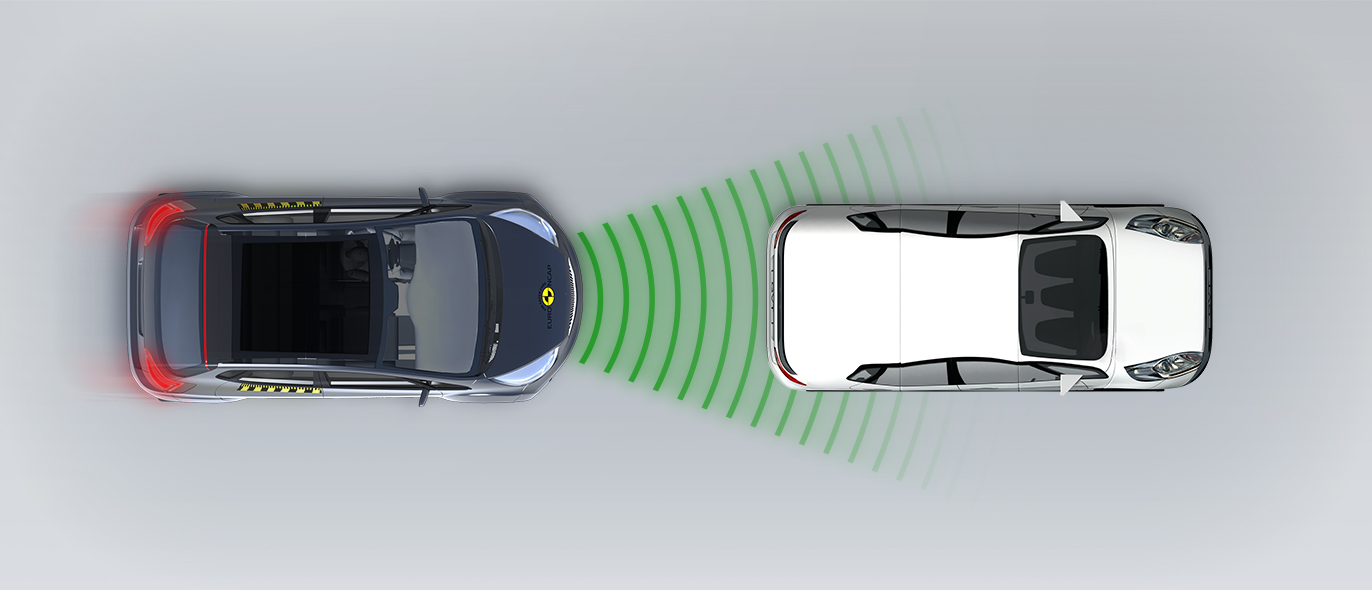
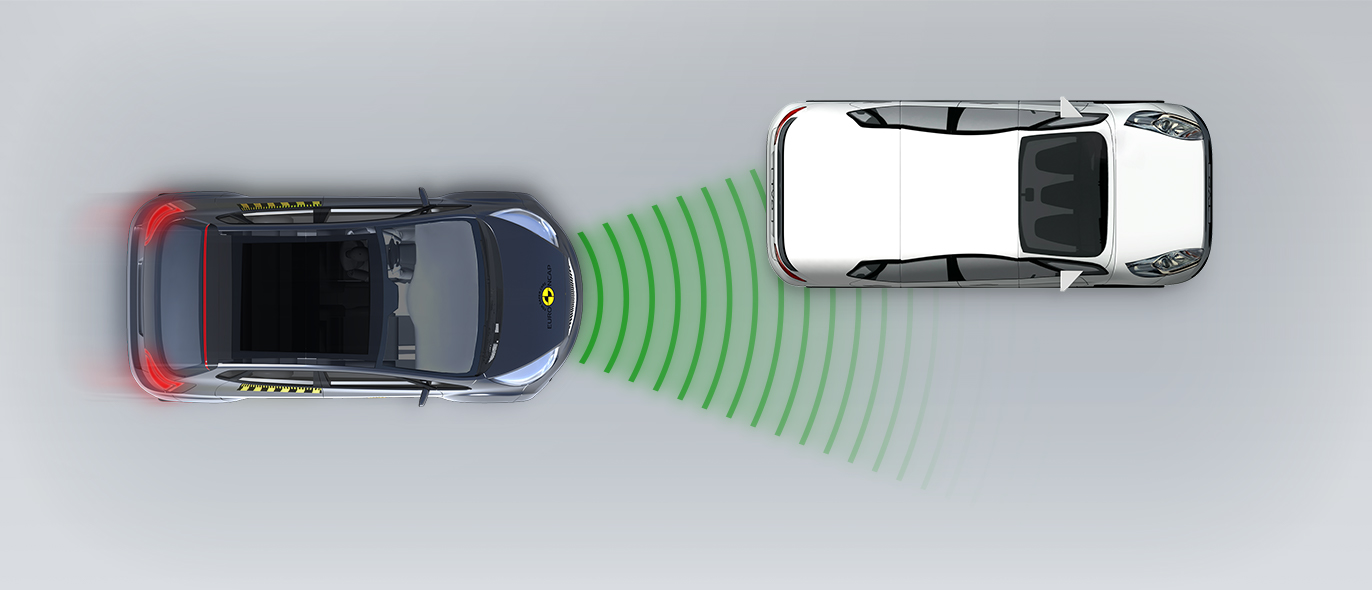
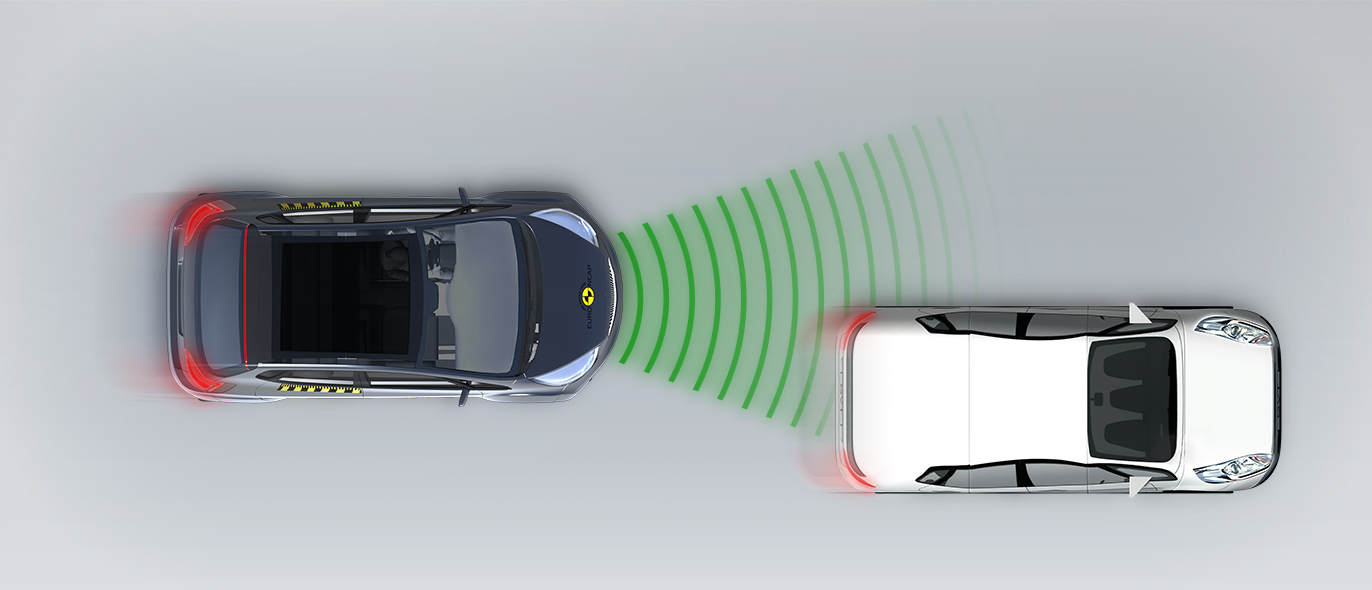
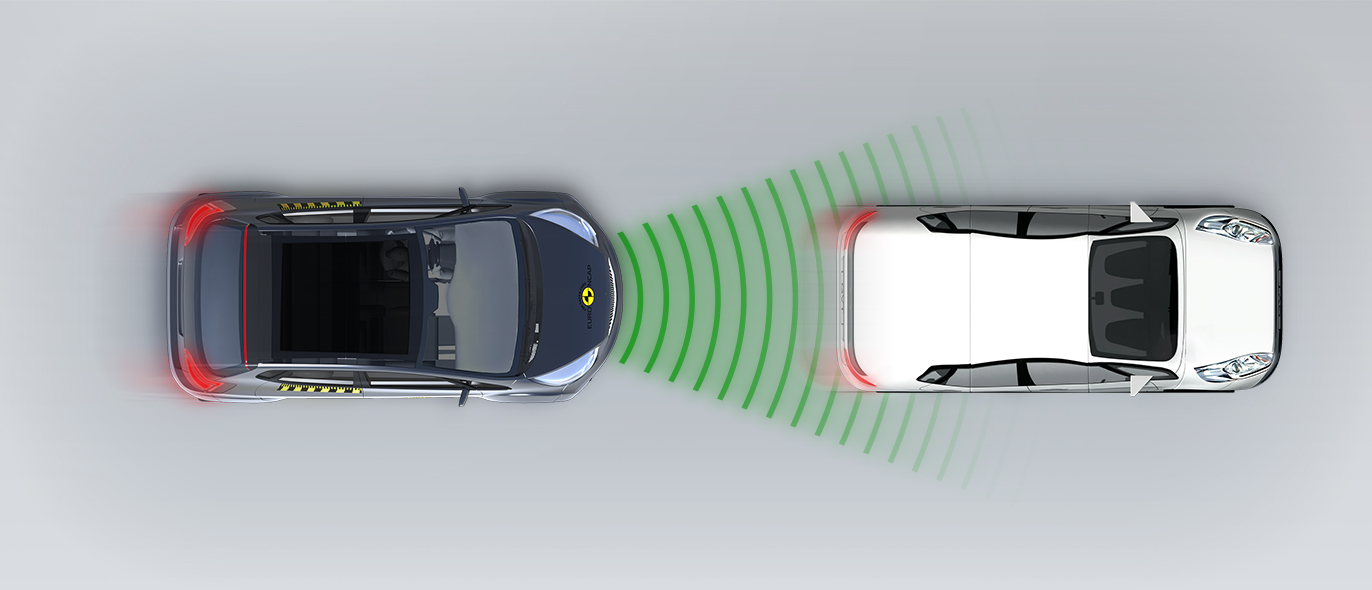
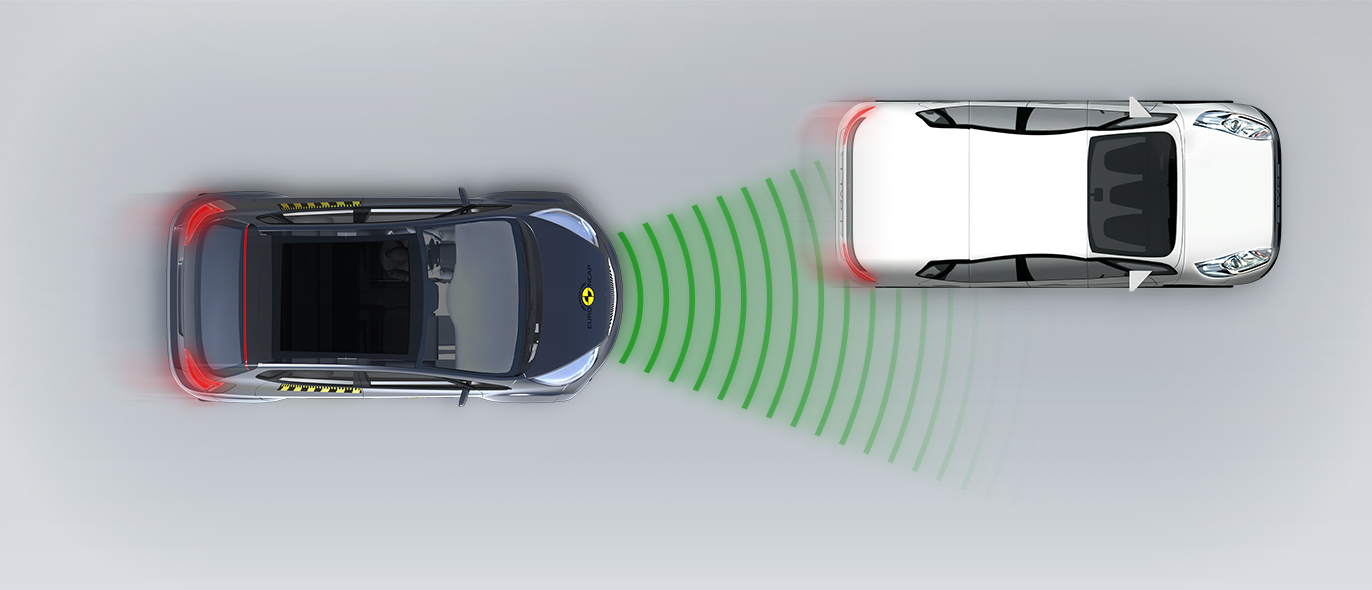


The passenger compartment of the 208 remained stable in the frontal offset test. Dummy readings showed good protection of the knees and femurs of the driver and passenger. Peugeot demonstrated that a similar level of protection would be provided to occupants of different sizes and to those sitting in different positions. In the full-width rigid barrier test, readings of chest compression in the driver dummy indicated a marginal level of protection for this body area. Otherwise, protection was good or adequate for all critical body regions, for both the driver and rear passenger. In the side barrier test, the 208 scored maximum points with good protection of all critical body areas. In the more severe side pole impact, protection of the chest was marginal and that of other body areas was good. Tests on the front seats and head restraints demonstrated good protection against whiplash injury in the event of a rear-end collision. However, the rear seat row was ineligible for scoring because the centre seat is not equipped with a head restraint on some trim levels. The 208 has autonomous emergency braking (AEB) as standard equipment. In tests against another car at the low speeds, typical of city driving, at which many whiplash injuries occur, the system performed well with collisions avoided or mitigated in all scenarios.